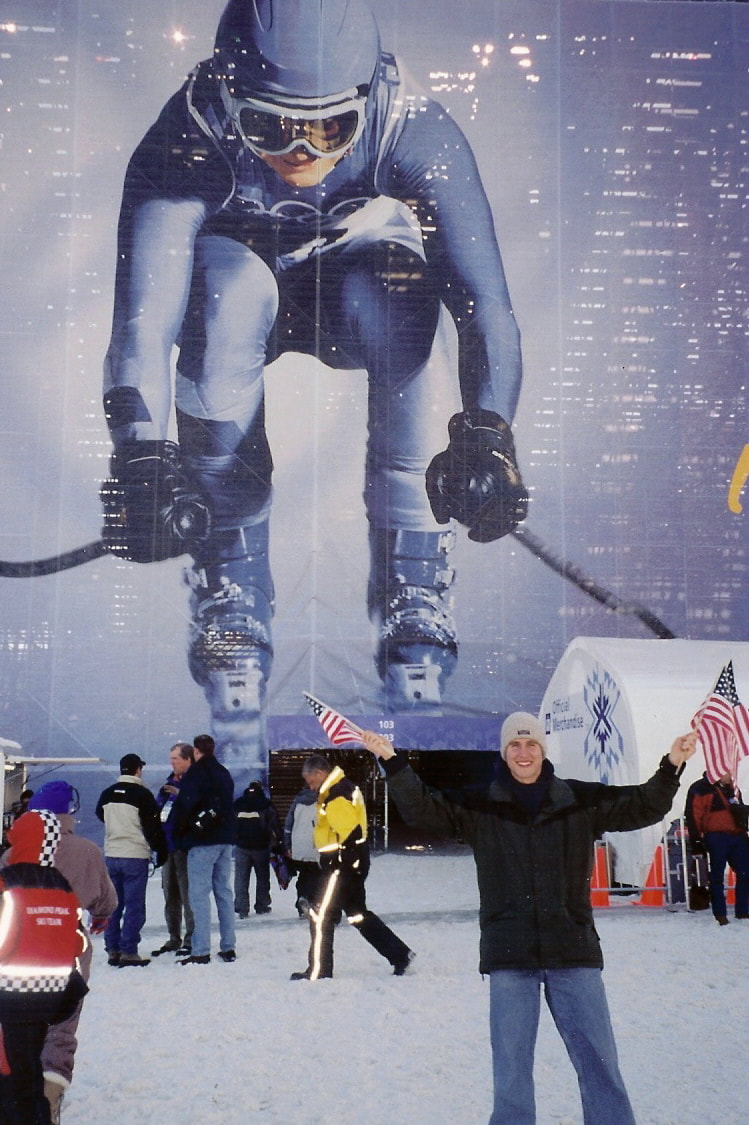| Utah officials seem determined to bring the Winter Olympics back to Salt Lake City, perhaps as early as 2026. Mayor Jackie Biskupski has said, “It makes total sense.” It’s as if none of them follows the news. Like many Utahns who were here 15 years ago, I have fond memories of the games, the daily interaction with happy foreigners and the general party atmosphere that enveloped the Wasatch Front for more than two weeks. But those were the polished surface finishes of the games, the sweet frosting of a cake that, for the host city, can taste bitter, indeed. Remember the bidding scandal? There is little to suggest that much has changed as far as how the International Olympic Committee goes about its business. Last week, Brazilian and French law enforcement officials said they had uncovered a vote-buying and |
| | corruption scheme involving the 2016 summer games in Rio de Janeiro. Police in Rio raided the home of Brazil’s Olympic Committee president, Carlos Nuzman, emerging with papers, computers and suitcases. Eleven warrants were issued in Brazil and France. Officials are calling it, “Operation Unfair Play.” The way police describe it, Nuzman allegedly arranged for Matlock Capital Group, a company owned by Soares Filho, to pay Lamine Diack, an IOC voting member, $2 million, which went into an account belonging to Diack’s son. That money allegedly helped secure the city’s bid and helped certain construction and concession companies gain lucrative contracts. French police also suggest possible corruption by other IOC members. They also are investigating allegations Diack and his son were involved in a scheme to cover up failed drug tests. Writing in the L.A. Times on Tuesday, Jules Boykoff, the author of “Power Games: A Political History of the Olympics,” described all this as a pattern of business with the IOC, extending far beyond RIO. “It’s trickle-up economics with a dash of sporty panache,” he wrote. “First, this wave of allegations is stark reminder that there is plenty of cash sloshing through the Olympic system. The problem, as we’ve seen in Olympic city after city, is that the money tends to flow into the pockets of well-connected political and economic elites.” The lesson for the people of Los Angeles, hosts of the 2028 summer games, he said, is that, “The IOC really doesn’t care about you.” Rather, it cares what it can get out of you. That seems to be what the people of Oslo, Norway figured out. That city was considered a shoo-in for the 2022 winter games, but it stepped away in 2014 amid news stories about a long list of IOC requirements that included special highway lanes dedicated to IOC members, a cocktail reception with the king (with costs borne by the Norwegians), total control over all advertisements within the city, a separate entrance point at the airport, 50 chauffeur-driven limousines available at all times, and on and on. I don’t blame Utah officials for being gung-ho about another Olympics. Despite all the problems leading up to the games, they were considered a success, and they didn’t bankrupt the state. It’s also true the Wasatch Front has kept and maintained its major venues, using them still for world-class competitions. That means the costs of producing the games ought to be far less than in other bid cities. But the question is whether any of that would matter. As a successful Olympic veteran, there is no need for Utahns to play the roll of country bumpkins eager to do whatever is necessary to earn another bid. If the state is serious about doing this again, its leaders need to be clear that they will not tolerate corruption, and that the bidding process and local interactions with the IOC and its affiliates will be open and transparent. That means making budgets, including those of the state’s sports commission and any other entity that may be involved in the bid, public and subject to regular and independent audits. That may doom the state’s chances, or it could bring the games closer to the goals touted on its website, namely to promote an ideal, “which requires mutual understanding with a spirit of friendship, solidarity and fair play.” |


 RSS Feed
RSS Feed

